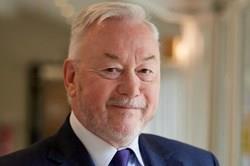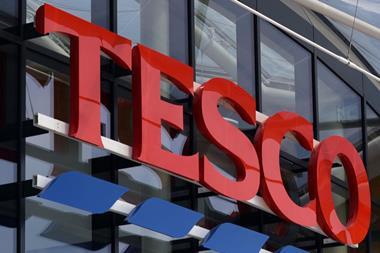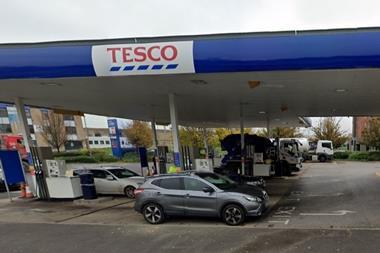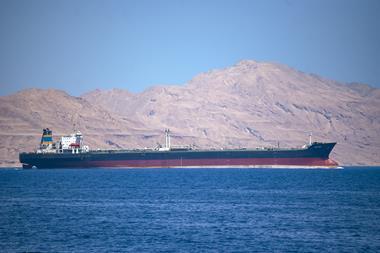The PRA has given a cautious welcome to some of the measures in the government’s clean air strategy which was unveiled on Wednesday, and confirms it will ban the sale of all new conventional petrol and diesel cars by 2040.
PRA chairman Brian Madderson said he welcomed the pragmatic steps which had been announced, and emphasised that they did not include steps some in the media had been mooted, such as:
imposing a blanket ban on diesel vehicles across cities and towns;
introducing an unattractive diesel scrappage scheme; or
allowing unfair penalties to be imposed on diesel drivers by local authorities.
However, he added: “We are cautious that the ban on sales of new petrol and diesel cars from 2040 will require massive financial commitment from government, manufacturers and consumers, without crippling the UK’s economy.
“Currently public transport infrastructure and service is under huge stress, and so a very high proportion of workers commute to their workplace by car. The consumer’s appetite for electric vehicles (EVs) and financial capability to switch must be considered limited.
“The warning issued by the National Grid earlier this month that there would be insufficient electricity capacity to refuel EVs if there was a sustained surge in demand, must be taken into account by government in their strategic planning for energy resilience.
“In the longer term, the Treasury stands to lose up to £20bn of fuel duty and vat tax income every year if retail sales of petrol and diesel evaporate. What are their plans for replacing this significant contributor to the national budget? Are EVs suddenly going to bear the brunt of the shortfall?
“The Government also has a responsibility to ensure that the performance criteria promoted by competing EV manufacturers is absolutely fair and correct to protect consumers as they consider switching vehicle types. This particularly refers to speed and mileage claims between recharges.
“Finally, the alternative merits of hydrogen fuel cell technology must continue to be properly encouraged.”
Launching The UK Plan for Tackling Roadside Nitrogen Dioxide Concentrations, environment secretary Michael Gove said: “Today’s plan sets out how we will work with local authorities to tackle the effects of roadside pollution caused by dirty diesels, in particular nitrogen dioxide.
“This is one element of the government’s £3bn programme to clean up the air and reduce vehicle emissions.
“Improving air quality is about more than just transport, so next year we will publish a comprehensive Clean Air Strategy. This will set out how we will address all forms of air pollution, delivering clean air for the whole country.”
Transport secretary Chris Grayling said: “We are determined to deliver a green revolution in transport and reduce pollution in our towns and cities.
“We are taking bold action and want nearly every car and van on UK roads to be zero emission by 2050 which is why we’ve committed to investing more than £600m in the development, manufacture and use of ultra-low emission vehicles by 2020.
“Today we commit £100m towards new low emission buses and retrofitting older buses with cleaner engines.
“We are also putting forward proposals for van drivers to have the right to use heavier vehicles if they are electric or gas-powered, making it easier for businesses to opt for cleaner commercial vehicles.
Under the new plan local authorities will have access to a range of options to tackle poor air quality in their areas such as changing road layouts to reduce congestion, encouraging uptake of ultra-low emissions vehicles and retrofitting public transport.
If these measures are not sufficient to ensure compliance with air quality regulations, local authorities may also consider restrictions on polluting vehicles using affected roads.
This could mean preventing polluting vehicles using some of these roads at certain times of the day or introducing charging, as the Mayor of London has already announced.
However, the plan says local authorities should exhaust other options before opting to impose charging. Any restrictions or charging on polluting vehicles should be time-limited and lifted as soon as air pollution is within legal limits and the risk of future breaches has passed.






























No comments yet